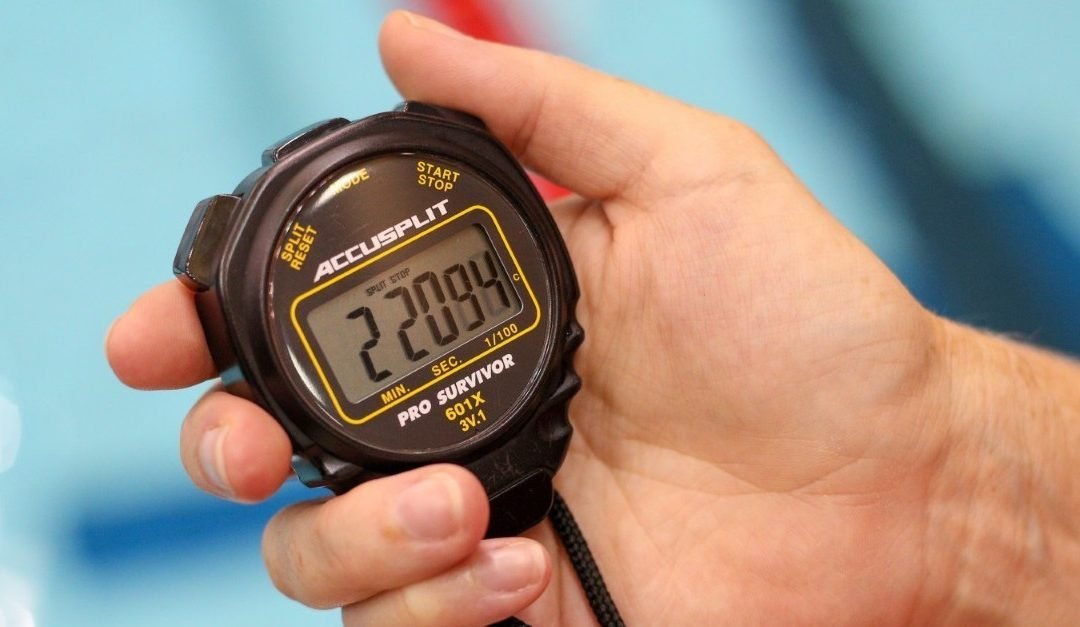Dubai: The International Cricket Council (ICC) have added the provision of an electronic clock which will look to speed up the game by penalising instances of time wastage by the fielding side.
In the newly updated Men’s playing conditions, the ICC have added a provision for an electronic clock. This clock will be introduced on a trial basis, for Full Member Men’s ODIs and T20Is between December 2023 and April 2024. Approximately, 59 international fixtures will come under its purview.
The changed playing conditions will come into force during the first T20I between West Indies and England on 12 December, 2023.
Under clause 41.9 of the revised Men’s ODI and T20I playing conditions, which deals with provisions against time wasting by the fielding side, the clock has been added under sub-clause 41.9.4. The updated playing conditions to include the stop clock can be located here.
The fielding side is expected to start a new over within 60 seconds of the expiration of the previous over. An electronic clock, counting down from 60 to zero, will be displayed at the ground.
The stop clock aims to restrict the amount of time taken between overs. Failure of the fielding side to be ready to bowl the first ball of their next over within 60 seconds of the previous over being completed will attract two warnings, and an eventual five-run penalty.
Under the sub-clause, there are exceptions to the above, and the clock if started already can be cancelled under the following circumstances.
- A new batter comes to the wicket between overs
- An official drinks interval has been called
- The umpires have approved the onfield treatment of an injury to a batter or fielder
- The time lost is for any circumstances beyond the control of the fielding side.
The third umpire has the responsibility to determine the starting of the clock. This is either when the last ball of the previous over has been called dead or any umpire or player review from the final ball of the previous over has been completed.
If a fielding side is ready to resume within the time, but the batting team is not ready to start, the umpires shall determine if provisions related to batter wasting time are applicable to the situation.
Wasim Khan, the ICC General Manager – Cricket added that the results of the stop clock trial will be assessed at the end of the trial period.
“The stop clock trial in white ball international cricket follows the introduction of a successful new playing condition in 2022, which resulted in the fielding team only being allowed four fielders outside of the inner circle if they were not in a position to bowl the first ball of their final over in the stipulated time.
“The outcomes of the stop clock trial will be assessed at the end of the trial period.”
Courtesy: ICC

